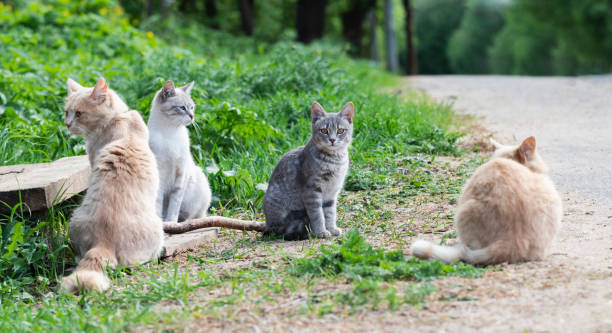
Stray cats are sitting on the roadside. Adult cats and a gray kitten. Homeless animals.
Cats are pushed by using primal instincts with regards to mating. Unlike human beings, they lack societal norms or moral codes, so their conduct is only organic.
Table of Contents
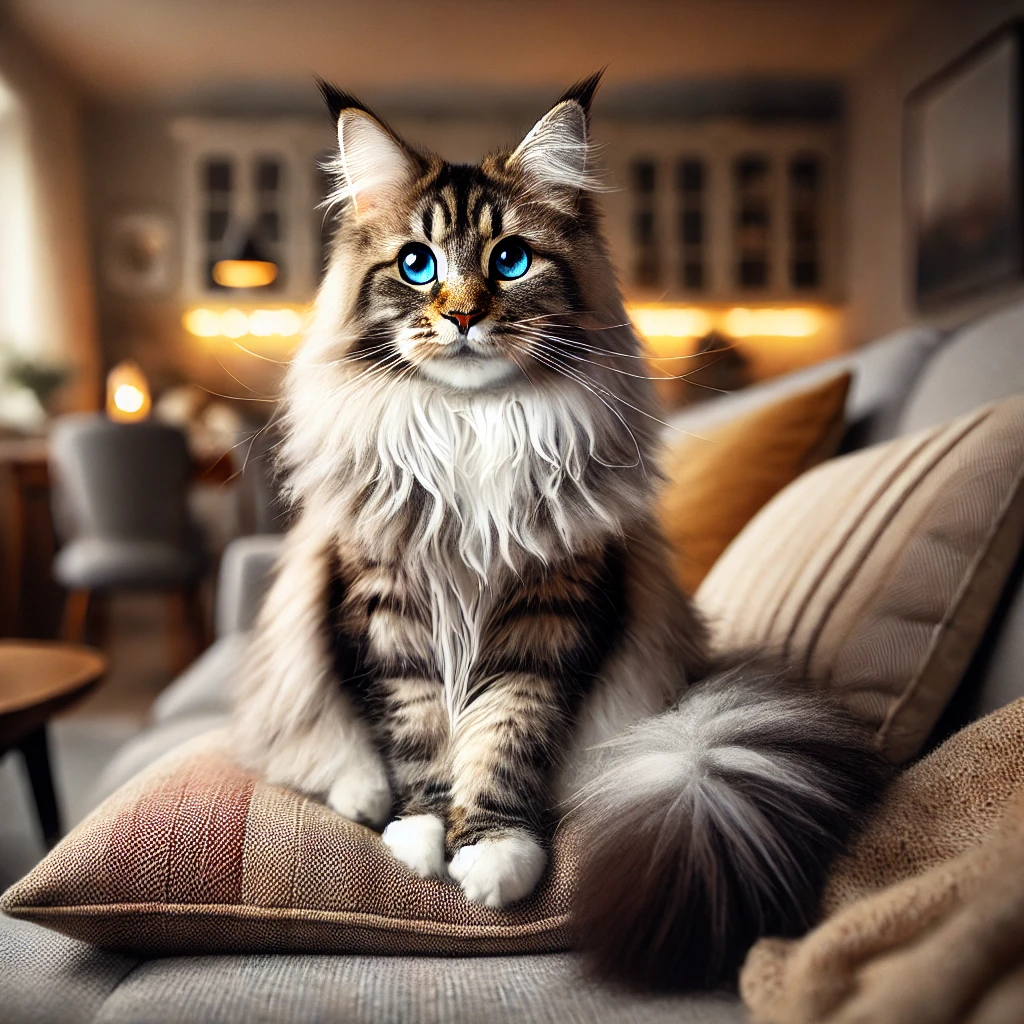
Female cats (queens) move into heat multiple times a 12 months, emitting pheromones and vocalizations to attract men (toms). Males, in turn, roam widely to discover pals, frequently competing aggressively. This instinctual pressure guarantees species survival but doesn’t account for familial relationships.
Domestic cats living in colonies or multi-cat households may also mate with whoever is to be had, inclusive of siblings or parents. However, a few research advise cats would possibly recognize kin through scent or familiarity, that can lessen inbreeding in wild or feral populations. Still, this isn’t a dependable deterrent in limited environments.
The Role of Instinct in Cat Mating
Cats don’t experience “enchantment” as human beings do—their mating is prompted by means of hormonal changes and environmental cues. When a queen is in warmness, her primary recognition is reproduction, now not selecting a genetically perfect companion. Toms are similarly unmarried-minded, driven to mate with any receptive woman.
In the wild, dispersal behaviors (young cats leaving their birthplace) lessen inbreeding. However, domestic cats regularly live in fixed agencies, growing the danger of mating with loved ones. Without human intervention, a father cat might also mate with his daughter if she reaches sexual maturity (as early as four–6 months).
Do Cats Recognize Their Family Members?
Cats rely closely on fragrance for recognition. Kittens imprint on their mother’s fragrance rapidly after beginning, and siblings raised together percentage familiar smells. However, this recognition doesn’t equate to knowledge familial bonds or keeping off mating.
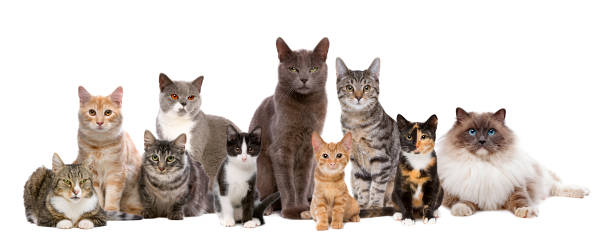
In feral colonies, associated cats may also coexist peacefully, however adult males often depart the organization before sexual maturity. In houses, where cats can’t disperse, a tom might not distinguish his mother or sister from other girls when they’re sexually mature. Spaying/neutering is critical to save you unintentional inbreeding.
Can Cats Mate with Their Parents?
Yes, cats can and every now and then do mate with their dad and mom. Inbreeding takes place when close relatives reproduce, and home cats aren’t any exception. This is specially not unusual in environments wherein cats can’t choose partners freely, such as in hoarding conditions or unmanaged colonies.
Factors That Lead to Inbreeding in Cats
- Confinement: Indoor cats or isolated colonies have confined mating alternatives.
- Early Sexual Maturity: Kittens can reproduce as early as 4 months, every now and then before being separated from dad and mom.
- Lack of Human Intervention: Unneutered cats in multi-cat households are at high threat.
How Common Is Parent-Offspring Mating in Cats?

While specific information are scarce, inbreeding is extra common in uncontrolled breeding scenarios. Rescue corporations regularly see inbred litters from stray colonies or irresponsible breeders. Purebred cats also are at danger if breeders prioritize traits over genetic diversity.
Consequences of Inbreeding in Cats
Inbreeding amplifies the danger of genetic issues, such as coronary heart defects, hip dysplasia, and immune deficiencies. It additionally reduces genetic range, making populations more prone to sicknesses.
Genetic Risks of Inbreeding
Recessive genes related to situations like polycystic kidney sickness (not unusual in Persians) end up more likely to show up. Kittens might also be afflicted by congenital disabilities, decrease beginning weights, or higher mortality fees.
Behavioral and Health Implications
Inbred cats can also exhibit timidness, aggression, or terrible pressure tolerance. Health problems like respiratory troubles or dental abnormalities are also extra frequent.
Preventing Inbreeding in Domestic Cats
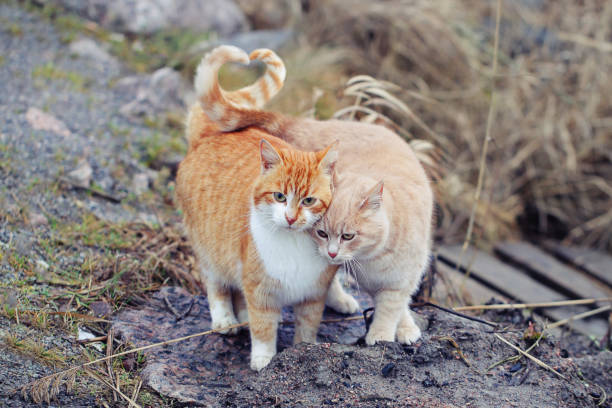
Spaying/neutering is the most effective solution. Responsible owners need to schedule surgeries earlier than cats reach sexual maturity (round 4–6 months).
The Importance of Spaying/Neutering
This eliminates the hazard of accidental inbreeding and reduces territorial marking, roaming, and aggression. It additionally curbs overpopulation.
Responsible Breeding Practices
Reputable breeders tune pedigrees, perform genetic checking out, and avoid pairing near household. They prioritize health over aesthetics.
Q&A Section
Q1: Can cats recognize their parents?
A: They recognize scents however don’t apprehend familial relationships.
Q2: Do cats keep away from mating with siblings?
A: Not instinctively—they’ll mate if not spayed/neutered.
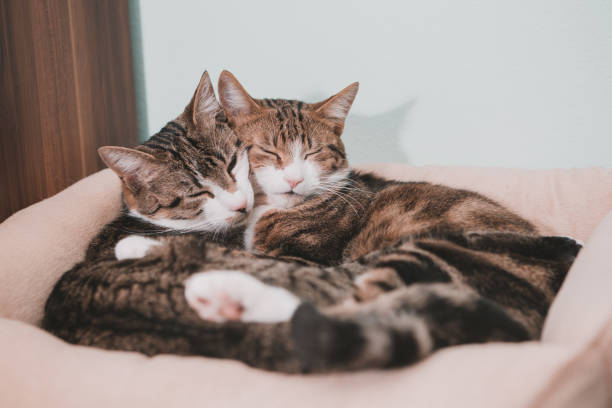
Q3: Are inbred cats constantly unhealthy?
A: Not continually, however risks are notably better.
Q4: How can I save you inbreeding in my multi-cat domestic?
A: Spay/neuter all cats and separate intact males/girls.
Q5: Do feral cats inbreed less than house cats?
A: Often sure, due to natural dispersal, but isolated colonies can also still inbreed.
Conclusion
While cats may mate with parents or siblings due to instinctual drives, inbreeding poses serious health and behavioral risks. Responsible pet possession—via spaying/neutering and knowledgeable breeding—is key to stopping these troubles.
By understanding feline biology and intervening early, we are able to make sure more healthy, happier lives for our cats.



1 thought on “Do Cats Mate with Their Parents? Unveiling Feline Family Secrets”